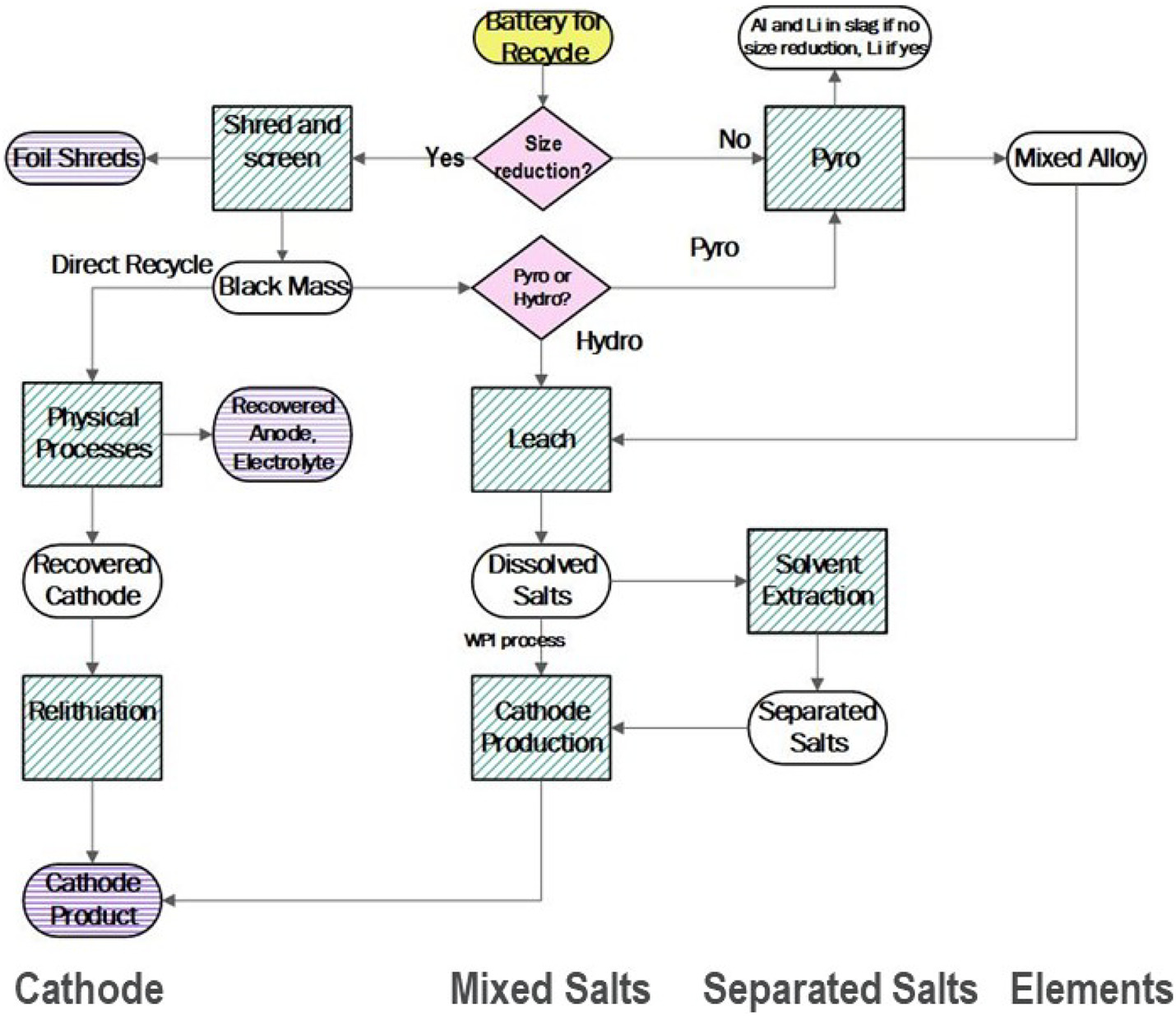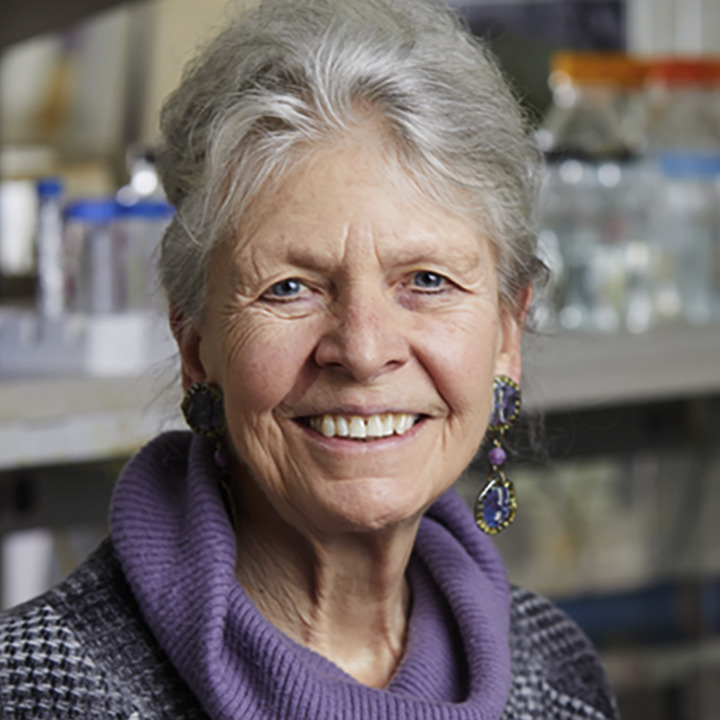John A. Gladysz is a Distinguished Professor of Chemistry at Texas A&M University, where he holds the Dow Chair in Chemical Invention. He began his academic career at the University of California, Los Angeles and has also held appointments at the University of Utah and Universität Erlangen-Nürnberg. His group's current research centers around organometallic chemistry and branches into catalysis, organic synthesis, enantioselective reactions, stereochemistry, mechanism, and materials and green chemistry. John A.
There is a need to develop technology to enable a resource-efficient and economically feasible recycling system for lithium-ion batteries and thus assure the future supply of the component materials. Lithium-ion batteries are complex products, and designs and materials are still evolving, which makes planning for future recovery more challenging. Several processes for recycling are proposed or operating, and each has advantages and disadvantages. This paper compares these processes on technical and economic bases, elucidating differences in benefits as a function of cathode composition.
Green Ports: Inland and Seaside Sustainable Transportation Strategies, Volume , 20 September 2018
Environmental Psychology and Human Well-Being, Effects of Built and Natural Settings, 2018, Pages 365-386


